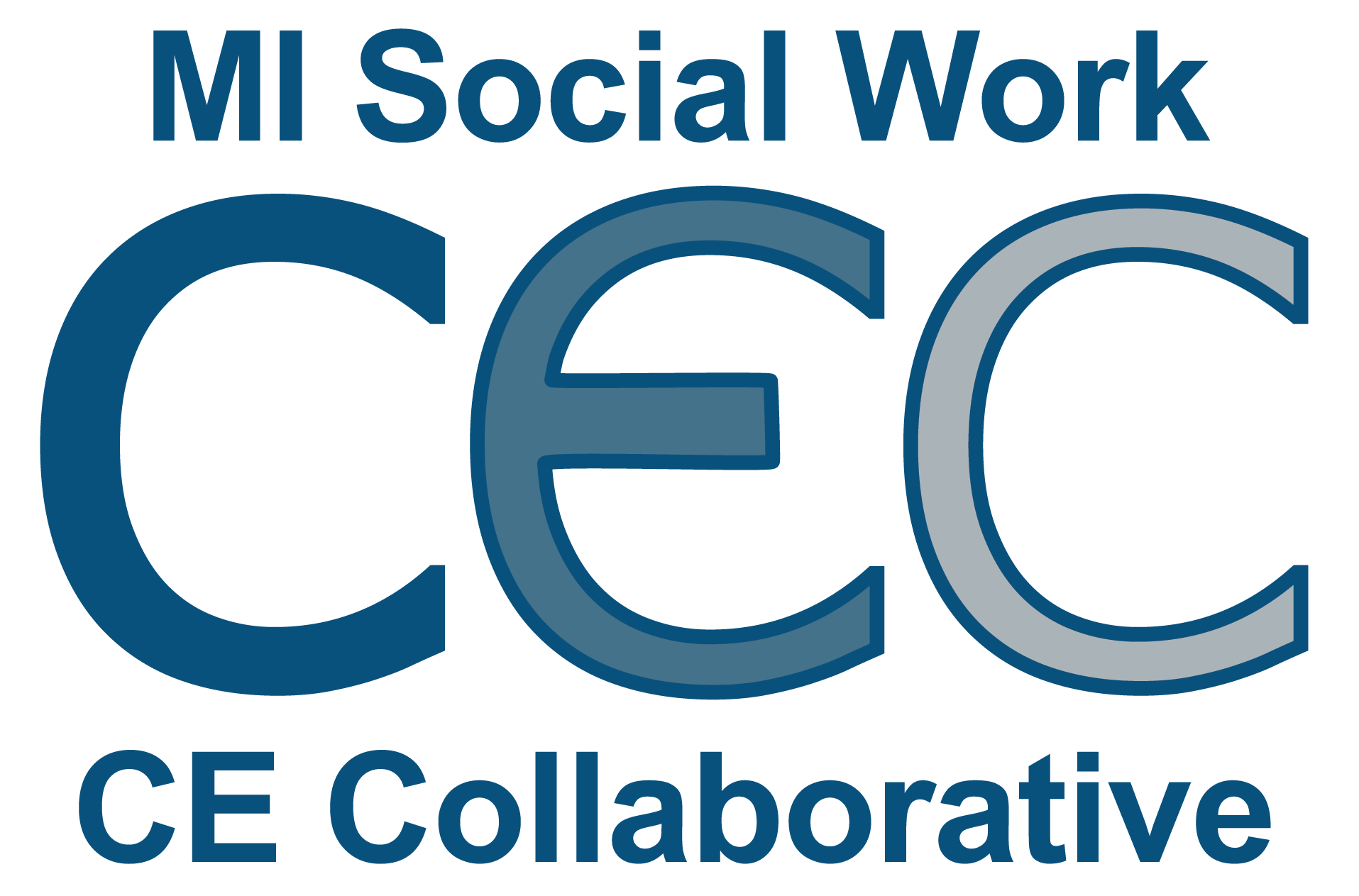Course Description:
Sexual harassment has long existed and with the aid of the #Me Too and #TimesUp Movement a spotlight was shined on this behavior. Sexual harassment knows no boundaries as it is exists in every community, workplace, business, health system, school and college campus, in medicine and the military. Globally, 25% of nurses report experiencing sexual harassment; with the occurrence being greater in Australia, Canada, England and the United States (39%) (Spector, Zhou, & Che, 2014). Jagsiet al. reported in the January 2020 issue of Journal of Women’s Health that 82% of women in an academic medical setting reported at least one incident of sexual harassment in the past year. A research study found 60% of female nurses and 34% of male nurses reported being victims of sexual harassment. The Joint Commission, specifically Standard LD.03.01.01, requires Leaders to create and maintain a culture of safety and quality throughout the organization. The delivery of safe health care is dependent on a healthy culture. Establishing and maintaining a safe culture is the foundation of achieving high reliability quality of care. Sexual harassment is an infringement of safety culture. Regardless of the drivers leading to harassment, the impact to patient care delivery and patient safety is vital. The Joint Commission Standards are applicable to ambulatory care, critical access hospital, home care, hospital, laboratory, long-term care, office-based surgery programs and behavioral healthcare programs. Unprofessional misconduct is the conduct of a provider, which is in betrayal to the standards of the employer’s policies, procedures, the Professional Board’s laws and rules or the expected norms of the public. Professional boundaries are the legal, ethical and organizational frameworks that protect both the healthcare professional and clients/patients from physical and emotional harm, and help to maintain a safe working environment. Sometimes healthcare professionals encounter challenging situations that can make maintaining these boundaries difficult. This course will explore ways to ensure your professional boundaries and codes of ethics are not altered with a sexual harassment claim.
